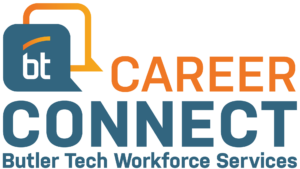
Essential Work Skills for Entry-Level Employees
As you transition from being a student to entering the workforce, there are several important work skills that can help you succeed as an entry-level employee. These skills not only make you a valuable asset to your employer but also set you up for future career growth. Let’s explore some of the key skills needed in the workplace.
- Communication Skills: Effective communication is crucial in any job. Whether it’s speaking clearly with colleagues, listening actively in meetings, or writing professional emails, strong communication skills help you convey ideas, collaborate with others, and avoid misunderstandings.
- Teamwork: Most jobs require collaboration with coworkers to achieve common goals. Being a team player involves being reliable, supportive, and open to different perspectives. By working well with others, you can contribute to a positive work environment and accomplish tasks more efficiently.
- Problem-Solving: Employers value employees who can think critically and find solutions to challenges. Developing problem-solving skills involves analyzing issues, brainstorming creative ideas, and implementing effective strategies to overcome obstacles that may arise in the workplace.
- Adaptability: The ability to adapt to changes and learn new skills quickly is essential in today’s fast-paced work environment. Being adaptable means being flexible, resilient, and willing to embrace new technologies or procedures as the job evolves.
- Time Management: Effective time management allows you to prioritize tasks, meet deadlines, and maintain productivity. By organizing your workload, setting goals, and avoiding procrastination, you can optimize your efficiency and demonstrate your reliability to employers.
- Professionalism: Demonstrating professionalism involves showing respect, integrity, and accountability in your interactions with colleagues and clients. This includes dressing appropriately, being punctual, and upholding ethical standards in all aspects of your work.
- Technical Skills: Depending on your field of work, having relevant technical skills is often essential. This could include proficiency in software programs, data analysis, or specialized equipment. Continuously updating and expanding your technical skills can give you a competitive edge in the job market.
Cultivating these essential work skills can help you thrive and pave the way for a successful career. Remember that continuous learning, practice, and feedback are key to honing these skills and advancing in your chosen profession.
share this Information:
LinkedIn
Facebook
Twitter
Email



